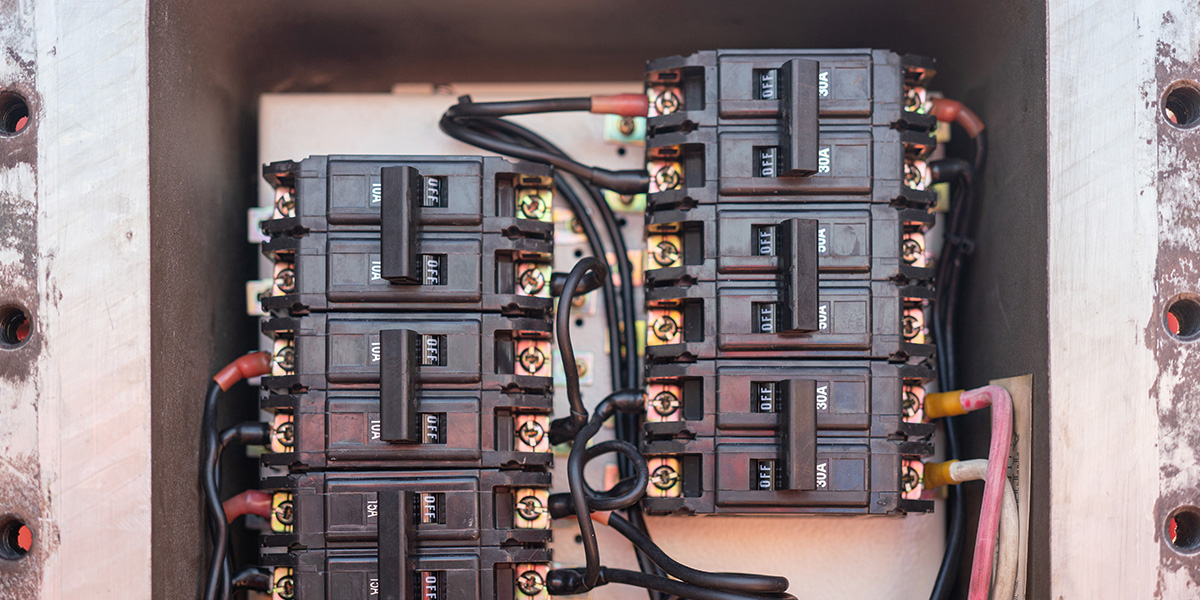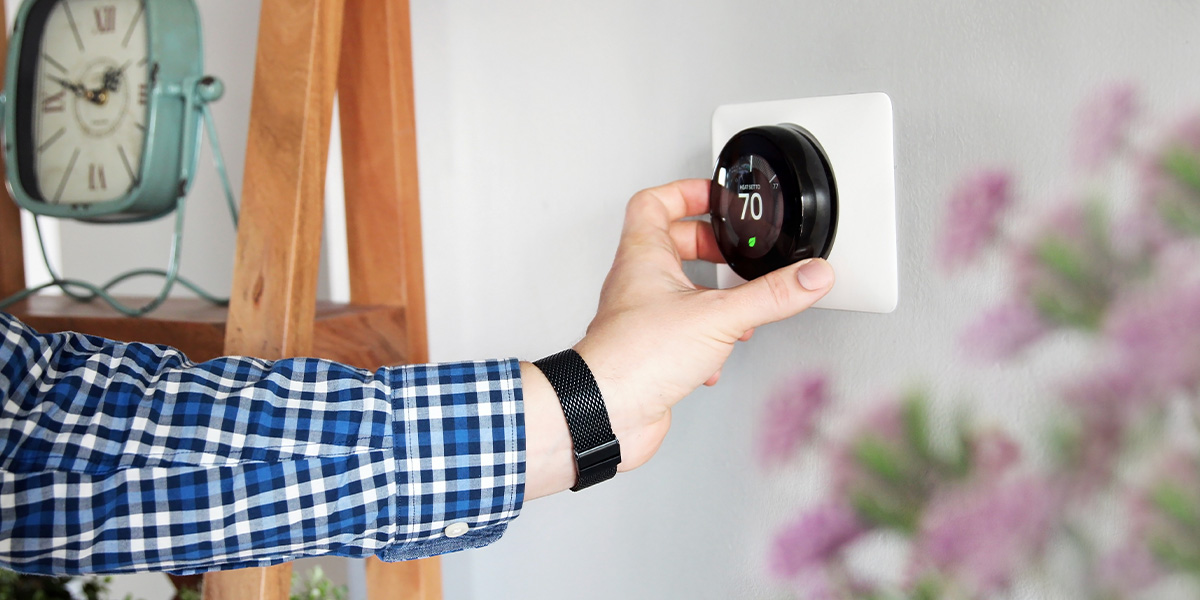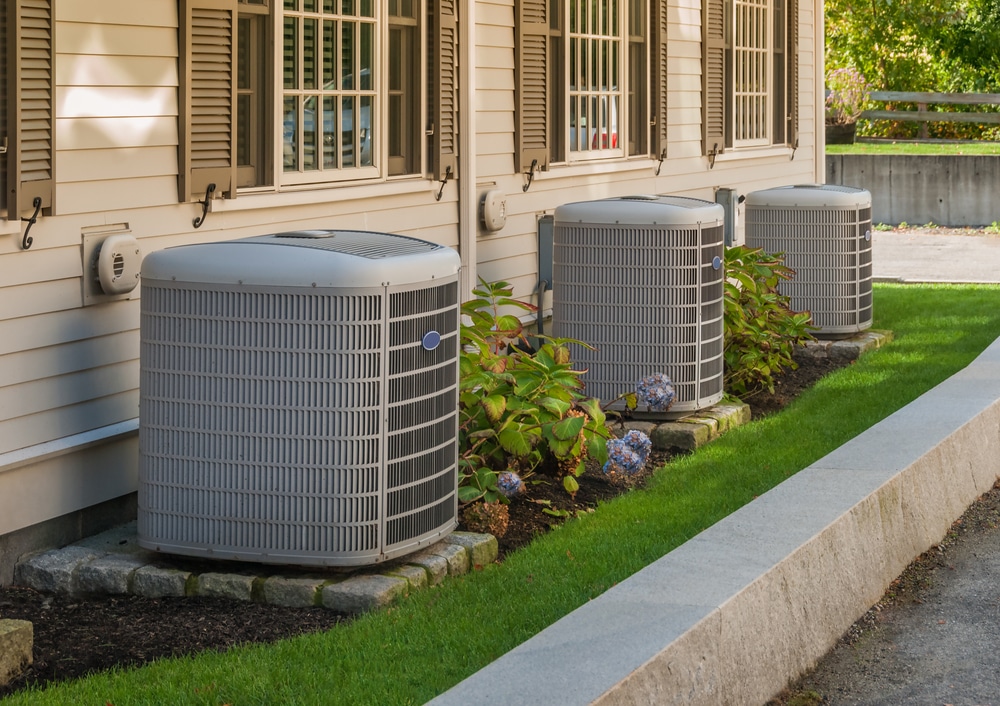Geothermal heating is an up-and-coming approach to temperature regulation with a whole host of benefits. It has low operational costs, keeps the noise down, and uses renewable resources. Local, state, and federal incentives can even help you cover the cost of installation. All in all, it’s a great option for homeowners and business owners looking to upgrade their HVAC systems.
However, these strengths don’t mean geothermal systems are invincible. In this article, we’ll look at some common mechanical problems these machines face — including refrigerant leaks, clogged drains, and thermostat defects — and how you can deal with them.
1. Pump Problems
The heat pump is the beating heart of your geothermal heating system, but just like a real heart, it can malfunction or degrade over time. Every part, from the impeller to the motor, can experience issues, so it’s vital to pay attention to what your machine is telling you. If your pump is taking forever to warm up your home or you notice an illuminated warning light on your pump’s control panel, it is likely time to take action.
Some of the most common pump problems are clogged air filters, aging blower fan motors, and dirty heat exchangers. Air filters are relatively simple to replace, but many other issues will be difficult and costly to resolve yourself. If you’re having trouble identifying the problem or are unable to fix the pump, it’s best to contact HVAC technicians for support. They have both the know-how and the technology to repair your machine or recommend a replacement.
2. Refrigerant Leaks
One of the most harmful geothermal problems is refrigerant leaks. This fluid is an important part of the system, as it is partially responsible for the heat exchange between your home or business and the ground. If it leaks out of ground loops or the heat pump itself, it can harm the pump’s efficiency and cause serious damage to the environment. Leaks from the pump are easy to spot since the refrigerant pools below the leak. If the leak is underground, however, identifying the issue is much harder.
Leaks are often the result of corrosion or faulty installation, meaning both new and old machines are at risk. Keeping an eye out for puddles under the machines and decreases in ground loop pressure or fluid can help you identify these leaks before they get worse. In some cases, a fix may just involve replacing a bit of pipe or another mechanism in the pump. However, more complex fixes, especially those underground, will require professional support.
If you suspect a leak, you should take care of it immediately to protect both your wallet and the plants and animals around your home or business.
3. Clogged Drains
Like traditional heating and cooling systems, geothermal heat pumps produce condensation as they expose coolant to warm air and vice versa. This condensation is collected in the condensate pan and then funneled through a condensate drain line to keep it from overflowing and harming the pump’s health and efficiency. However, as the condensation travels, it can pick up dirt and particulates and eventually clog the line. This process is only quickened by other objects like bugs and hair getting stuck in the line.
Luckily, there is a fairly easy fix here. You can clear out these blockages by hand and keep the area around the pump clear to minimize future issues. Many HVAC technicians will also flush out the drain line when making repairs or conducting scheduled maintenance.
4. Airflow Issues
Impeded airflow is one of the most common geothermal issues, but it’s not always easy to fix. Blockages can occur in both the heat exchanger and the ground loops, which can damage your entire heating system. If you notice an issue in either of these areas, contact an HVAC professional. They can help you identify and fix the specific problem with your machine.
Old air filters, on the other hand, are easy to deal with. All you have to do is check your filter monthly and replace it when it gets too dirty, which is usually after two or three months of use. Otherwise, your pump may struggle to regulate the temperature properly and might even shut down entirely.
5. Electrical Problems
So far, we’ve talked a lot about the main parts of your geothermal heat pump. But these aren’t the only mechanisms that suffer wear and tear. The electrical systems in both your pump and your home or building can be just as vulnerable. Sometimes, a cord just gets disconnected, but other times, there’s a serious issue with your wiring or the control panel, which can make it impossible to control the pump or even turn it on.
If you think you’re experiencing electrical issues, be very careful. Over 30,000 people a year are shocked in the U.S., and over 1,000 fatalities occur as a result. When faced with electrical issues that can’t be fixed by replacing a battery or plugging in a cord, you should call for professional support. They have both the protective equipment and experience to address the issue without hurting themselves.
6. Thermostat Issues
Thermostats are probably the part of your heating system you interact with the most, so it’s important to take care of them and make sure they’re operating smoothly. This maintenance involves more than just swapping out the batteries now and then. You may have to deal with incorrect temperature readings or faulty communications with the heat pump, both of which can cause your home or commercial building to fluctuate between extreme temperatures.
If you are dealing with any of these issues, replacing the batteries or resetting the thermostat may be enough to solve the problem. However, if these measures are unsuccessful, you likely need to contact heating and air specialists to identify the issue and fix the thermostat.
Repair Your Geothermal Heating System With GreenBox Home Services
Geothermal repairs don’t have to be a guessing game. GreenBox Home Services, based in Lexington, Kentucky, is here to help you repair or replace parts of your heating system. We even perform installations. Our team is NATE-certified, and we bring that expertise to you, equipping you to make informed decisions for your home or business.
Need immediate help? Our 24/7 emergency repair service and same-day installation have you covered. No matter when you need us, we will be there with kindness and know-how.
To learn more, fill out our contact form or call us at (859) 927-3246. You can even get a free estimate if you want! Whatever you need, we can’t wait to help.







